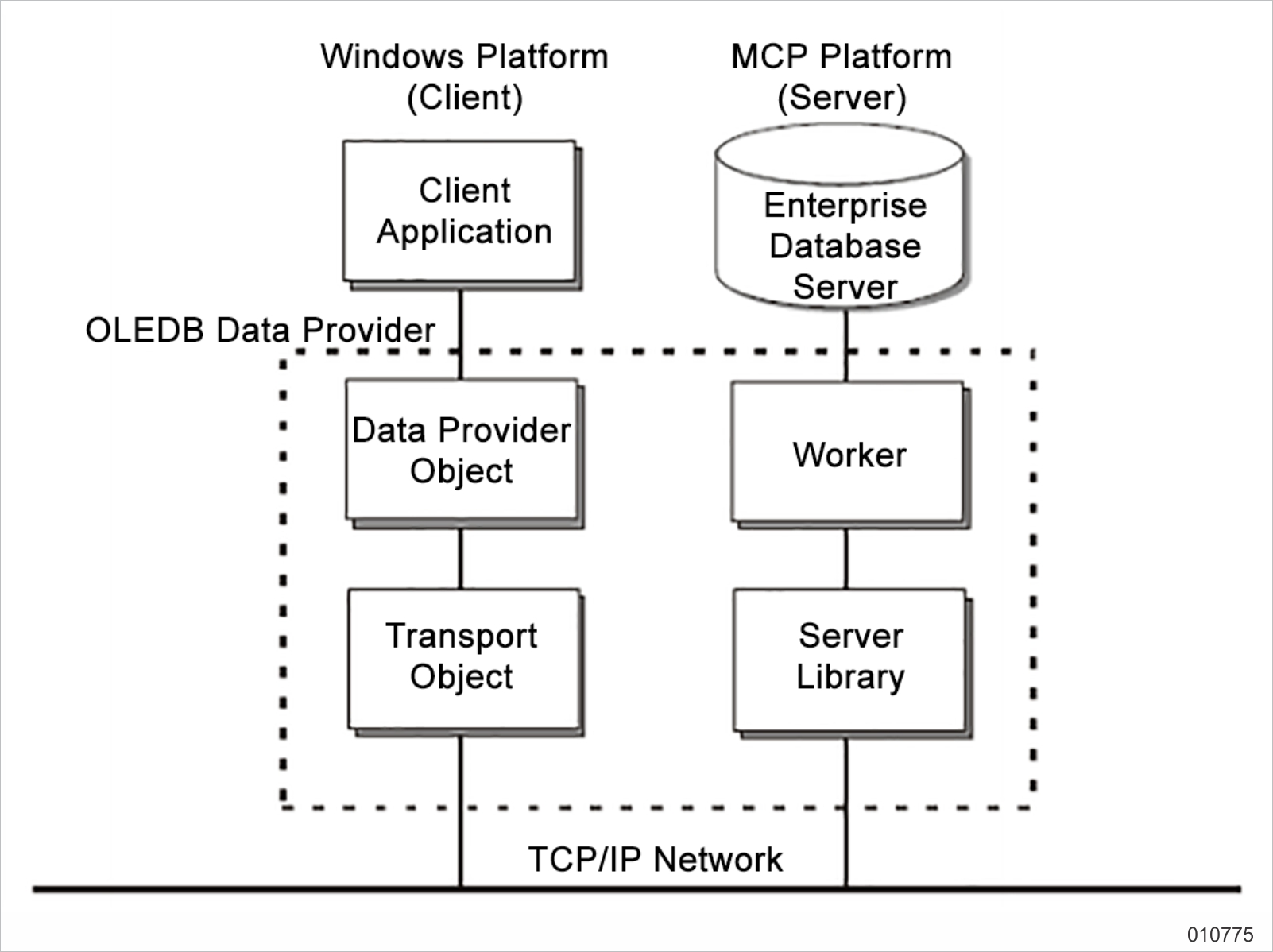Why Your Organization Should Consider a Managed Database Provider
Why Your Organization Should Consider a Managed Database Provider
Blog Article
Trick Features to Try To Find When Selecting a Database Supplier
Picking a data source carrier is a crucial choice that can dramatically influence your company's data and operations management technique. Among the vital functions to think about are scalability choices, which make certain that your system can adapt to expanding needs.
Scalability Options
When choosing a database company, comprehending scalability choices is important to ensuring that the chosen solution can suit future development. Scalability refers to the ability of a data source system to expand its capacity and performance in reaction to enhanced need. There are 2 main kinds of scalability: upright and straight.
Upright scalability, or "scaling up," entails improving a single web server's resources, such as CPU, RAM, or storage. This strategy can be simple and affordable for smaller applications yet might reach a restriction where additionally upgrades are as well expensive or impractical.
Straight scalability, or "scaling out," involves including a lot more servers to disperse the lots. This strategy permits greater adaptability and can suit considerable increases in information volume and individual traffic (database provider). It is especially helpful for cloud-based database solutions that can dynamically designate sources based upon demand

Protection Measures

When evaluating security actions, take into consideration the application of file encryption protocols (database provider). Data-at-rest and data-in-transit security are necessary to make sure that delicate information continues to be safeguarded, even in the event of a security violation. Furthermore, look for providers that use strong verification devices, such as multi-factor verification (MFA), to better improve accessibility control
Routine safety and security audits and compliance with market criteria, such as GDPR or HIPAA, are indicative of a service provider's dedication to data defense. Additionally, ask about their incident action plan; a durable strategy can reduce the impact of any kind of potential safety incident.
Efficiency Metrics
Evaluating efficiency metrics is essential for companies to ensure that their selected data source company fulfills operational demands. Trick performance metrics consist of response throughput, time, and scalability, which jointly determine the effectiveness of data source procedures under differing tons.
Action time is vital, as it shows just how quickly the database can process inquiries and return outcomes. Organizations needs to look for metrics that show average action times throughout optimal and off-peak hours. Throughput, often determined in deals per 2nd (TPS), gives understanding into the database's ability to deal with high quantities of demands without efficiency destruction.
Scalability analyzes the data source's ability to expand with the company's demands. A durable data source service provider ought to demonstrate straight and upright scaling capabilities, allowing for seamless changes as demands change. Additionally, understanding latency, particularly in distributed systems, can help companies review the responsiveness of the data source throughout different geographical locations.
Customer Assistance
Trusted client support is a cornerstone of reliable data source management, link providing companies with the support needed to optimize and settle problems performance. When picking a database provider, reviewing the degree of customer assistance they provide is important. A durable support system ought to include several channels of interaction, such as phone, email, and live conversation, guaranteeing that customers can access help whenever they require it.
Additionally, receptive support groups that are offered 24/7 greatly improve the reliability of the database solution. Prompt action times and effective resolution of problems can significantly minimize downtime and increase overall productivity. It is additionally beneficial to take into consideration the availability of specialized support workers, that can supply tailored help based upon an organization's certain demands.

Rates Structure
When taking into consideration a database provider, the prices framework is a critical aspect that can significantly affect a company's budget and general approach. A adaptable and transparent pricing design is vital for straightening the database costs with business needs - database provider. Organizations must evaluate whether the prices is based upon intake, per user, or a flat rate, as each design can generate various monetary effects over time
It is essential to examine any kind of additional costs connected with the supplier's solutions, such as information storage space fees, transaction costs, and assistance costs. Some service providers may use tiered rates, permitting scalability as the company expands, while others could enforce rigorous restrictions that can come to be pricey as information needs boost.
In addition, companies need to take into consideration the lasting worth of the data source remedy. While reduced preliminary costs can be attractive, they may not account for future upgrades, maintenance fees, or integration expenses. Carrying out a detailed cost-benefit evaluation will certainly assist determine the most suitable pricing framework that stabilizes assistance, efficiency, and scalability, eventually ensuring that the chosen data source supplier straightens with the company's functional and monetary objectives.
Conclusion
In verdict, picking a database carrier necessitates cautious factor to consider of various important attributes. Assessing performance metrics allows the recognition of efficient databases, and easily accessible consumer support enhances her comment is here the general individual experience.
Picking a data source service provider is an essential decision that can considerably affect your company's procedures and data monitoring strategy.When selecting a database company, comprehending scalability alternatives is crucial to ensuring that the chosen service can fit future growth. When choosing a database supplier, assessing the level of consumer assistance they provide is necessary.When taking into consideration a data source carrier, the rates framework is an essential aspect that can substantially affect an organization's spending plan and total method. Carrying out a complete cost-benefit evaluation will help recognize the most ideal prices structure that balances performance, scalability, and support, eventually making sure that the selected data source carrier lines up with the organization's operational and economic goals.
Report this page